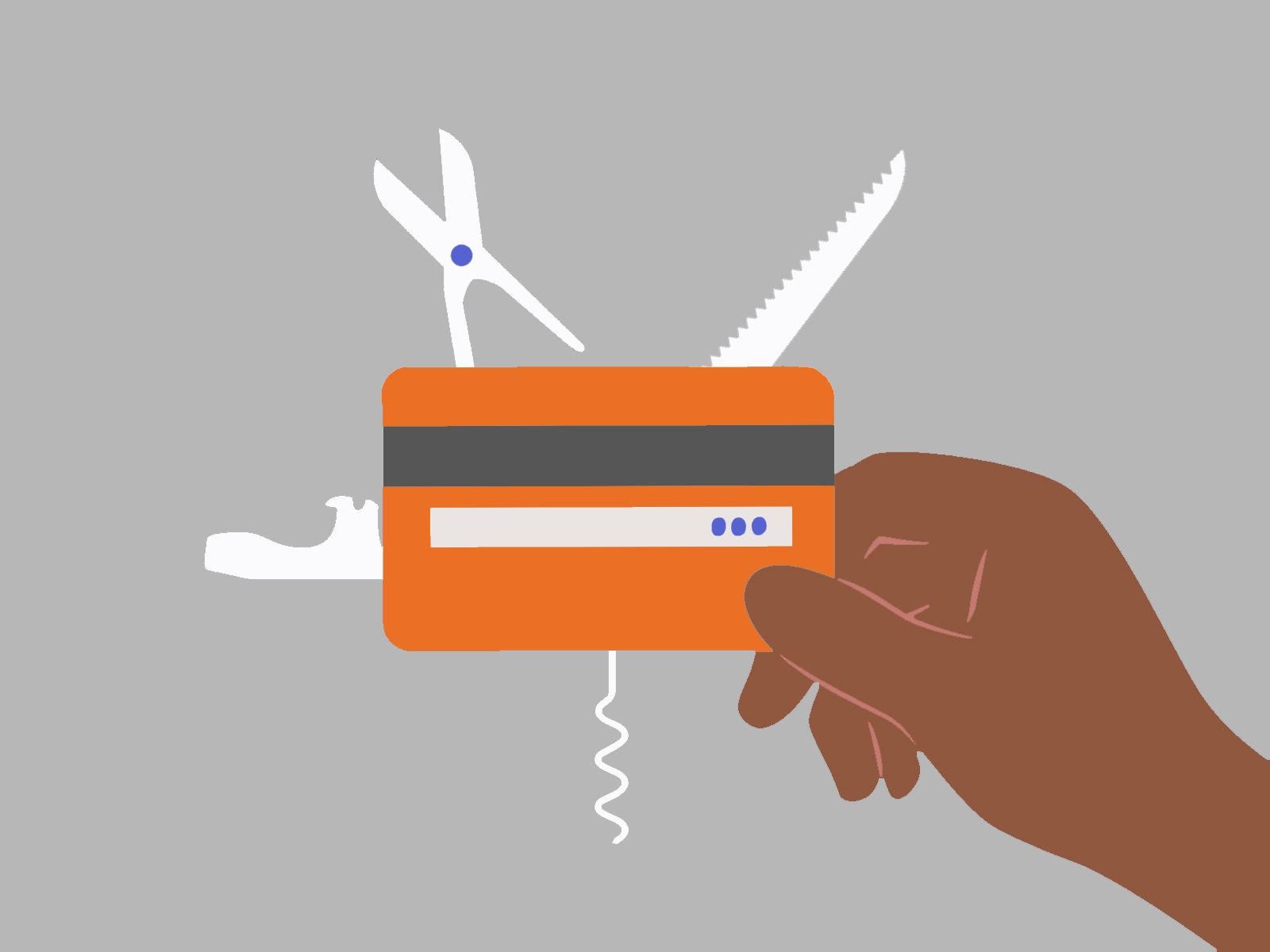4 ways credit card balance transfers may save you money
Are you paying interest every month on a credit card balance? Keeping a balance on your credit card is really something you want to avoid so you won't have to pay high interest charges. But if you do find yourself carrying a credit card balance, you may be able to save on interest with a balance transfer. Some financial institutions offer a time-limited lower interest rate to transfer your balance to a card you hold with them.
"A credit card balance transfer can be a good idea if you do it right," says Tamara Kelly, director of education at the non-profit organization Credit Counselling Services of Atlantic Canada. "Paying less interest is good, and it makes sense if you don't have access to a lower interest line of credit," she says.
Here's how credit card balance transfers may help you save money, as well as what to watch out for if you decide to go this route.
Lower interest rates
Credit card companies may offer time-limited low rates for switching balances from a competing card, or for buying something with a balance transfer cheque, explains Richard Moxley, credit expert and author of The 9 Rules of Credit. "Compared to the 18% plus you would typically pay on a credit card, receiving 0 to 4% is like a dream come true," he says. "Over the last four years, I've used balance transfers to fund my business for an average interest rate of 3%."
Consolidated debt... but read the fine print
Transferring balances to a lower-rate card may help manage your debt, but failing to comply with the offer's terms could be costly.
Pay attention to details such as missed payment clauses. "If you miss a payment, that means your interest rate can go up," Kelly says. "It's your responsibility to get the payment in on time, and if you're paying electronically it can take two to three days to get to the credit card company."
Interest rates may also increase if your balance exceeds your limit. It may also cost money just to accept the offer. "Sometimes there are even upfront fees," says Kelly.
Achieve debt repayment faster
Balance transfers may accelerate debt repayment goals if you're organized and committed to debt reduction. "One of the biggest things to remember is to close the original credit card so you aren't tempted to use it again," Kelly says. It's also important to create a repayment schedule. "You'll usually have about six months to a year time limit at your promotional rate," explains Kelly.
To pay your card off before the promotional rate expires, Moxley recommends making your payments automatic. "My suggestion is to take the balance, plus the fees or interest, and divide that by how many months the balance transfer is for. Then set up automatic payments of that amount from your bank account to pay off the credit card," says Moxley.
Watch out for additional spending on the card
While your balance transfer may be eligible for a low promotional interest rate, remember that any new balances that you charge up on the card you transferred to will likely incur interest charges at the usual rate. Kelly says generally credit card payments go towards higher rate purchases first, and are applied to low interest balance transfers last. Knowing this may help curb your spending.
Pay close attention to your special offer's rate, time limit, and transfer restrictions. Used wisely, balance transfers can help you save on interest, keeping more of your money in your pocket.










